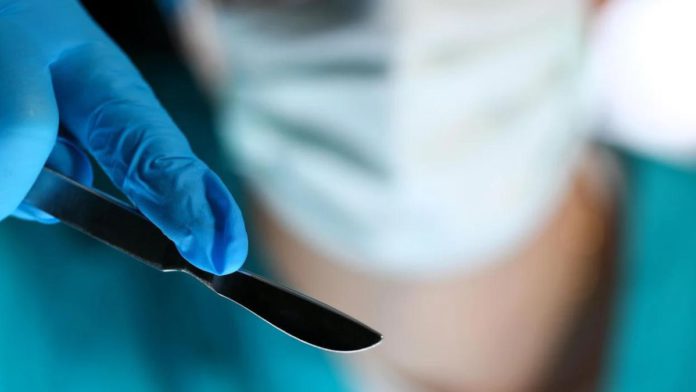Researchers from the University of Florida have developed a machine-learning platform called MySurgeryRisk, that can predict and address postoperative surgical complications as accurately as the clinicians.
MySurgeryRisk was created to help prevent some complications by predicting the risk rates for patients planning to undergo surgery. The platform was created using 74,000 procedures, including 58,000 adult patients at the University of Florida Health. Also, it was trained to predict post-surgery complications using 135 variables extracted from patient EMRs. These variables included laboratory, clinical, demographic, pharmacy, and other data.
The system algorithm was then tested to predict prolonged intensive care unit stays and mortality risk after the surgical procedures. The platform can predict the risk of 8 major surgical complications, including sepsis, cardiovascular issues, neurological issues, and acute kidney injury.
Read More: AI predicts race from X-Ray images
After the successful development and training, the researchers compared MySurgeryRisk’s accuracy in predicting surgical complications in 100 cases to the predictions of the surgeons for the same cases. The platform performed on par with the surgeons in predicting the probability of complications in most patients. However, it outperformed the surgeons at predicting blood clots in veins.
The platform is valuable for surgeons while preparing for a surgical procedure. With predictions of risks from MySurgeryRisk in mind, surgeons can be more strategic in the operating room, like choosing to implement additional techniques to improve patient outcomes.
The researchers aim to make MySurgeryRisk more precise in the future by including thousands of potentially relevant, uncollected data found in the operating room. For example, information from anesthesia devices and ventilator monitors. They also aim to expand validation testing of the tool at other healthcare institutions across Florida and make it more widely available.


